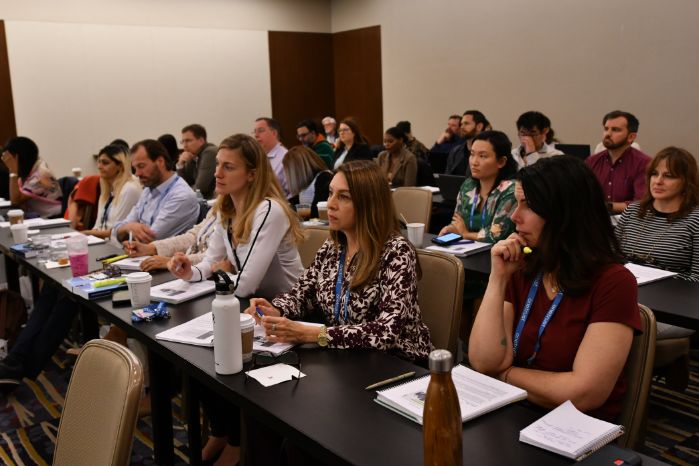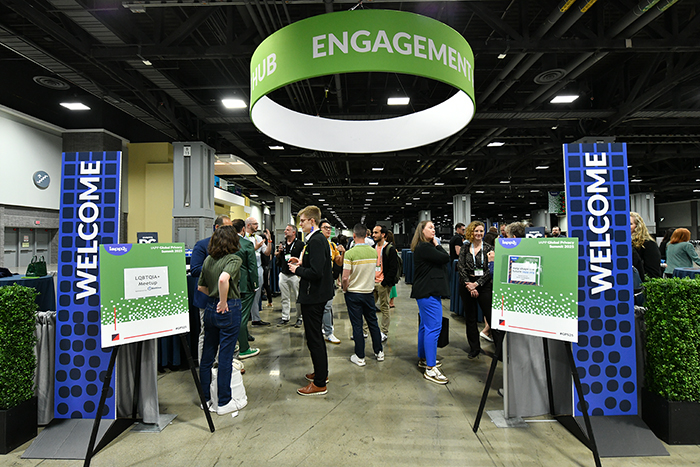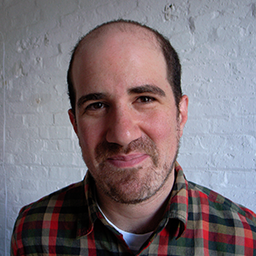Come to Summit for strategic vision,
operational insights and global connection
IAPP Global Summit is the world’s largest annual gathering of digital responsibility professionals, attracting top experts in privacy, AI governance and cybersecurity law.
The 2026 conference features 70-plus breakout sessions on current issues, a full schedule of networking events, and a keynote lineup that includes world-renowned author Salman Rushdie, actor/activist Alyson Stoner, and scientist Maya Shankar.
Timely topics
Summit breakout sessions span policy and operational issues, emphasizing practical solutions to today’s challenges. Topics on the 2026 agenda include employee data privacy, risk and vendor management, international data transfers, online advertising and consumer privacy, and much more. They include:
- The AI Agent Advantage: Defense, Privacy, and the Future of Cybersecurity
- Less is More: Why Data Minimization Matters to Privacy Laws
- The Essential AI Vendor Management Playbook
New ideas
Along with practical solutions, Summit offers a look at broader societal issues through the eyes of keynote speakers. Rushdie, widely recognized as one of the greatest living writers, also embodies creative freedom in the face of oppression. Alyson Stoner’s firsthand experience with fame advises her views on privacy and mental health in the digital age. Maya Shankar’s research combines science and storytelling to explore how humans react to change.
Connect with peers and experts
With a full schedule of networking events, Summit is the place to expand your circle of connections in privacy, AI governance, and cybersecurity law.
Register for Summit before 16 Jan. 2026 to get an early bird discount of up to USD100.
Get early bird pricing Register for Summit 2026

























